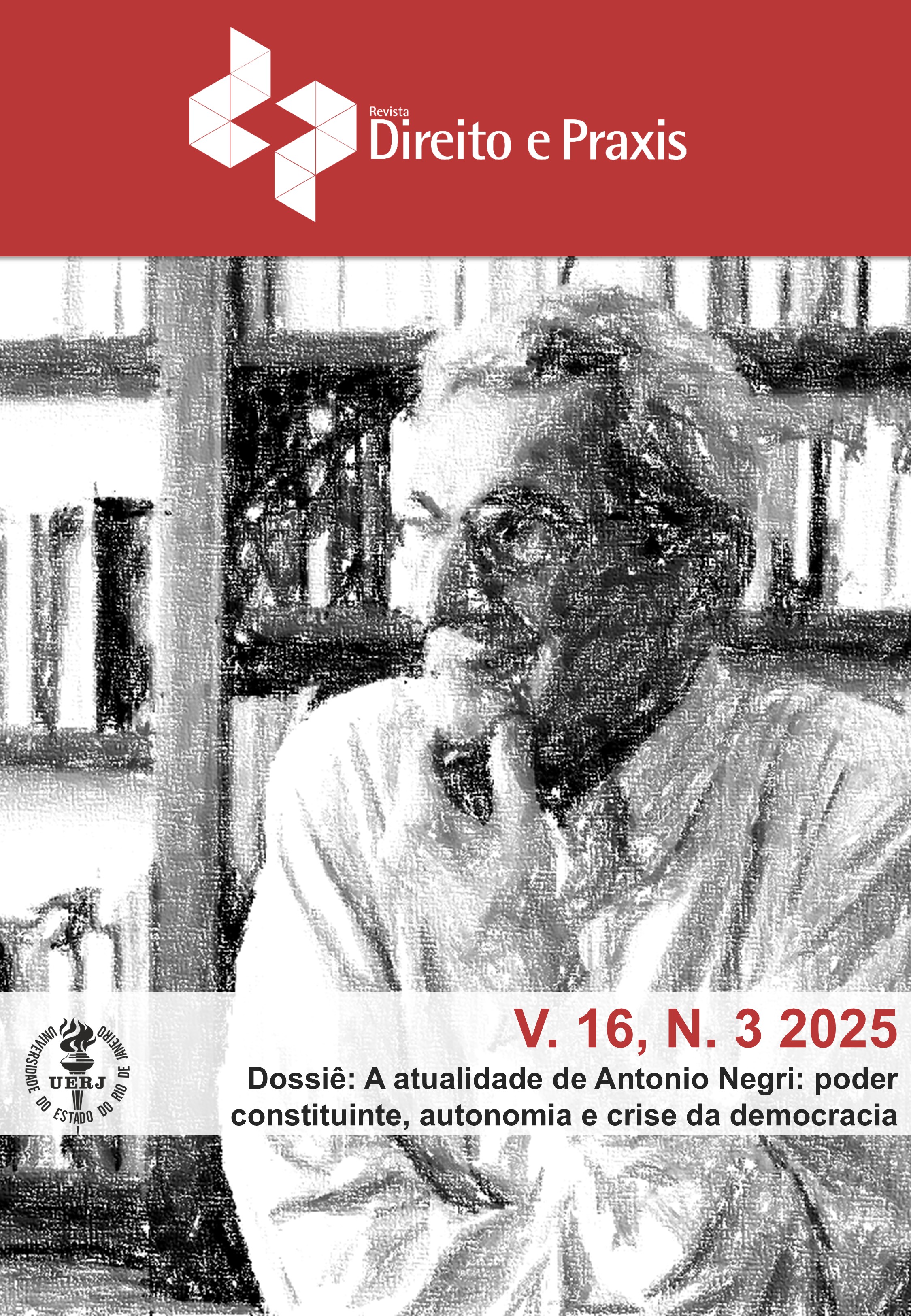Vitimização de mulheres presas em Porto Alegre
Palavras-chave:
Pesquisa de vitimização, mulheres presas, violência institucional, Direitos HumanosResumo
https://doi.org/10.1590/2179-8966/2025/81057
Este artigo discute os resultados de pioneira Pesquisa de Vitimização realizada em Porto Alegre, Rio Grande do Sul, em novembro de 2022, com uma amostra aleatória representativa das mulheres presas no Presídio Estadual Madre Pelletier. O processo de vitimização de pessoas detidas no Brasil segue sendo, em grande parte, invisível para o público e mesmo para os gestores e ainda são raros, no Brasil e na América Latina, os estudos de vitimização com populações encarceradas. Estudos regulares de vitimização das pessoas presas são, não obstante, instrumentos essenciais de monitoramento e avaliação da qualidade do tratamento penal. Para a coleta dos dados, aplicamos um questionário com 100 perguntas a um grupo de 41 presas e formamos dois grupos focais com seis presas cada, que não haviam integrado o grupo das respondentes ao questionário, para ouvi-las a respeito de sua experiência de privação de liberdade. Os resultados encontrados revelaram um processo sistemático de violações relatadas pelas internas, expostas à hostilidade de presas e de servidores públicos e submetidas a um tipo de tratamento penal incapaz de lhes assegurar a dignidade. As evidências colhidas sugerem que o sentimento de abandono conforma a experiência da prisão das mulheres de maneira marcante, sendo suas queixas mais sentidas relacionadas à saudade de familiares, notadamente, no caso daquelas que são mães, dos seus filhos.
Downloads
Downloads
Publicado
Como Citar
Edição
Seção
Licença
Copyright (c) 2025 Marcos Flávio Rolim, Daiana Hermann (Autor/a)

Este trabalho está licenciado sob uma licença Creative Commons Attribution 4.0 International License.
Os textos são de exclusiva responsabilidade de seus autores.
É permitida a reprodução total ou parcial dos artigos da Revista Direito e Práxis, desde que citada a fonte.
Este trabalho está licenciado sob uma Licença Creative Commons 4.0, Atribuição-Sem Derivações.
Esta licença permite copiar e redistribuir o material em qualquer suporte ou format para qualquer fim, mesmo que comercial, desde de que citada a autoria original.
This work is licensed under a Creative Commons Attribution 4.0 International License.




